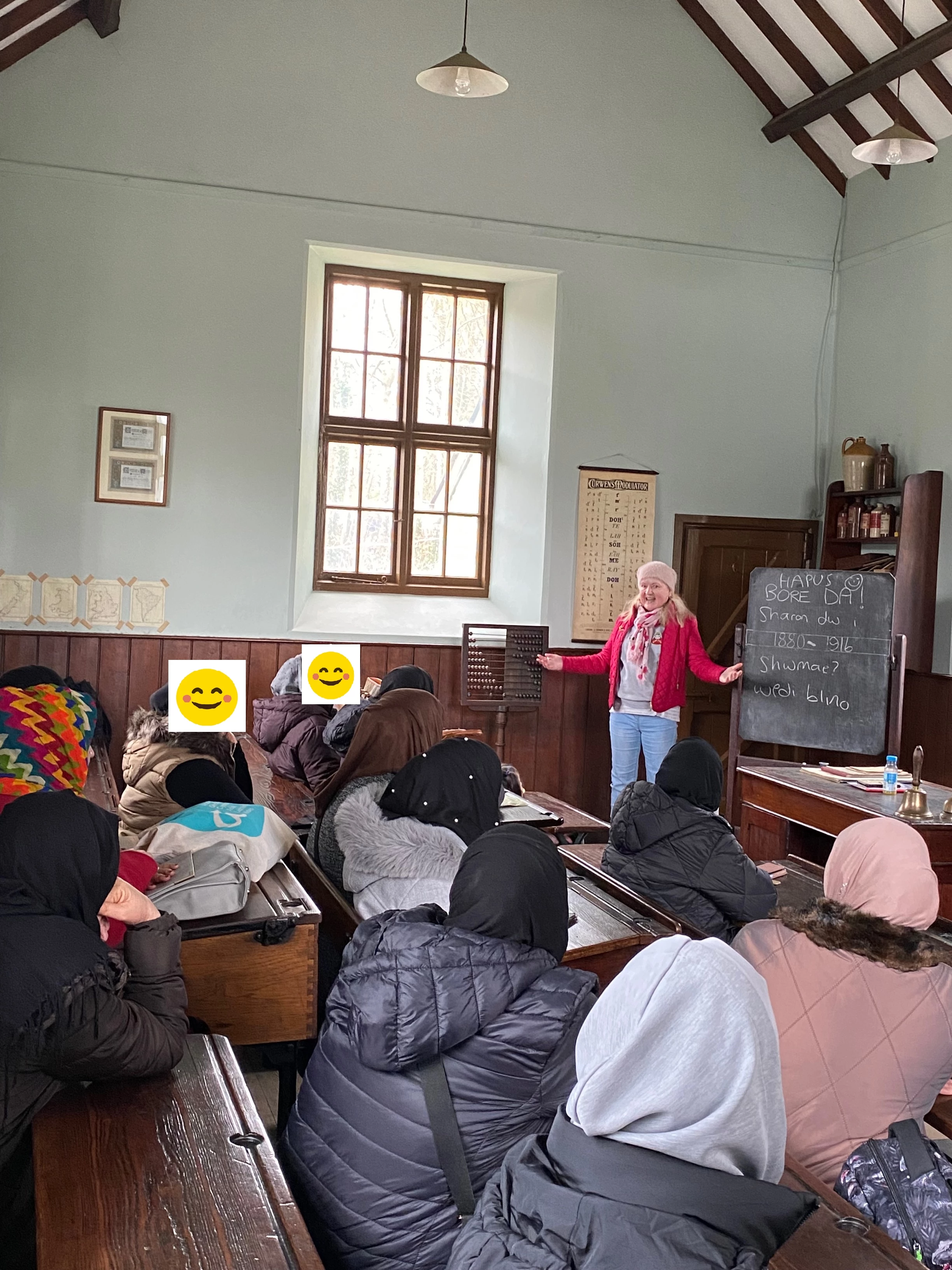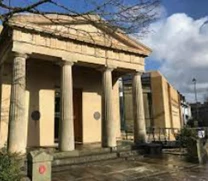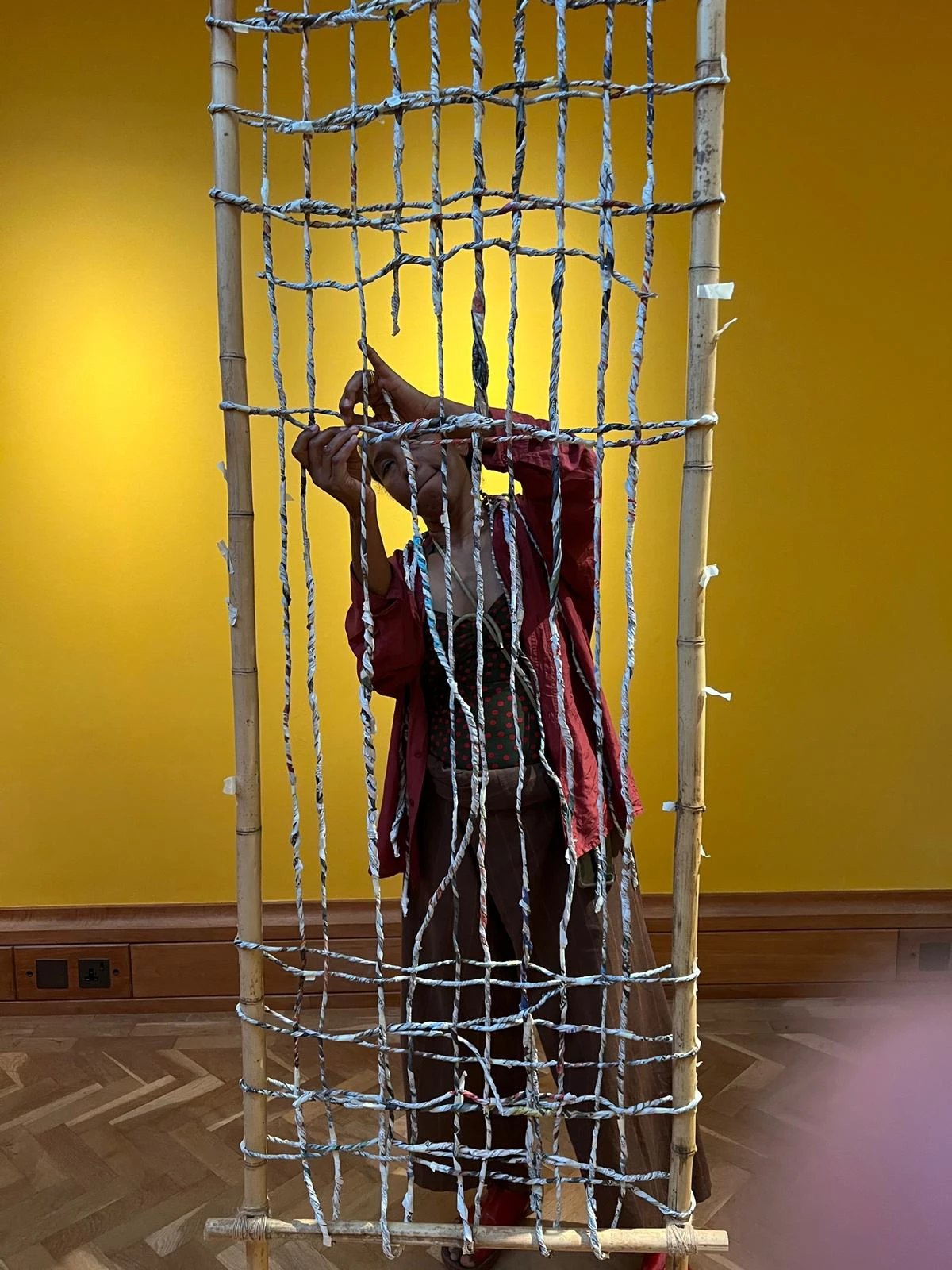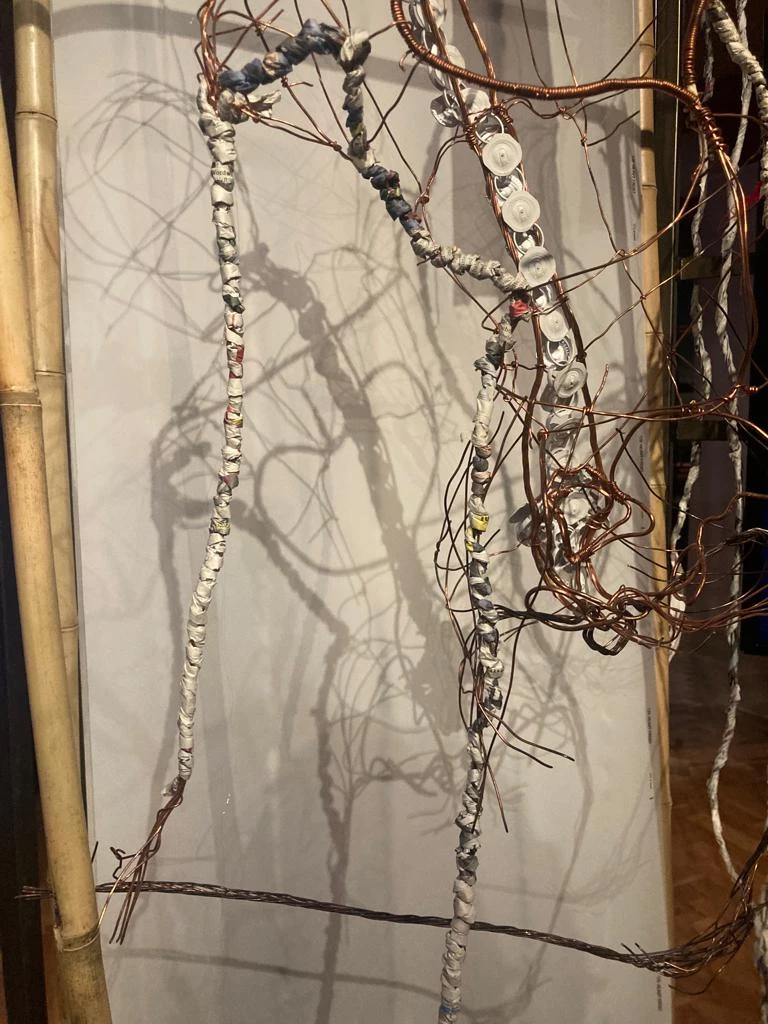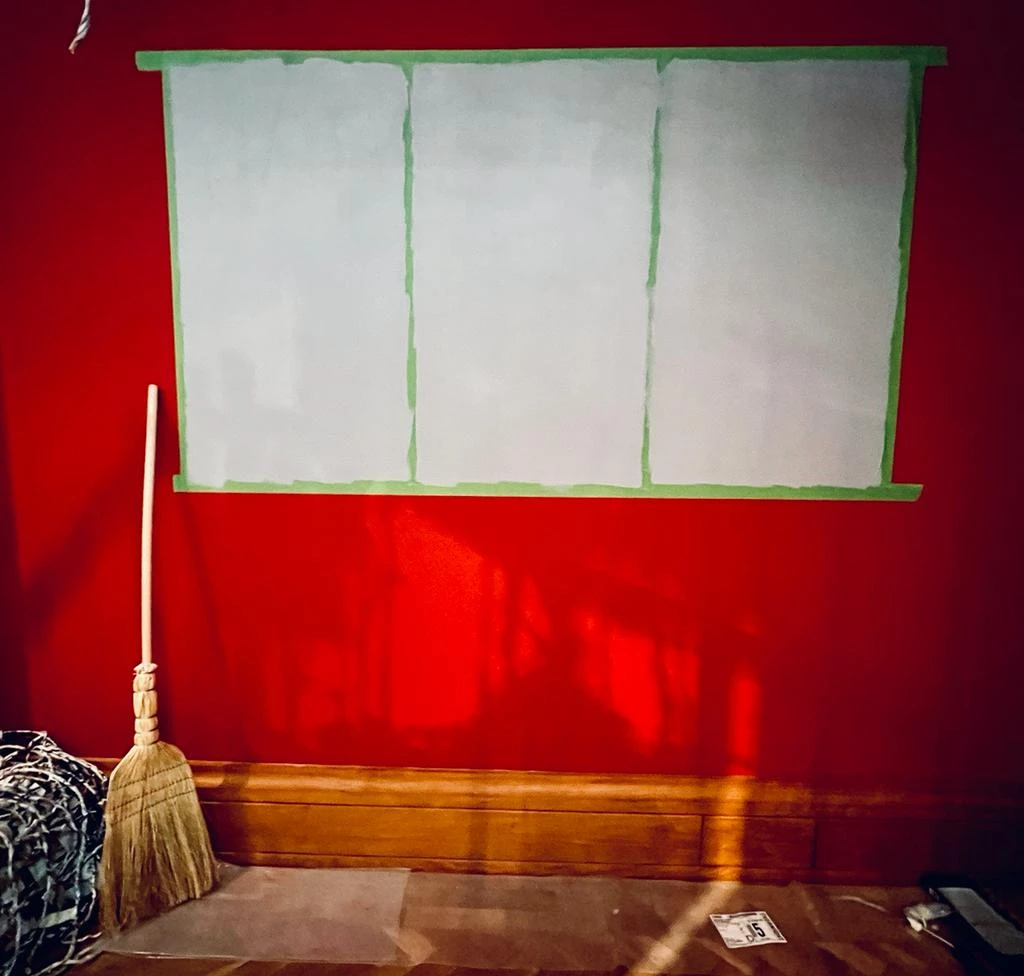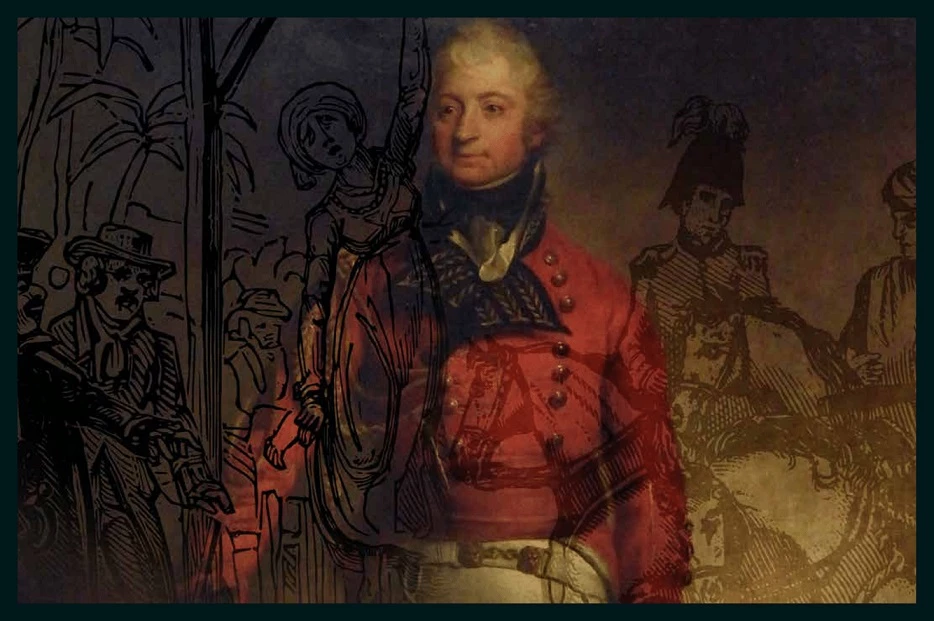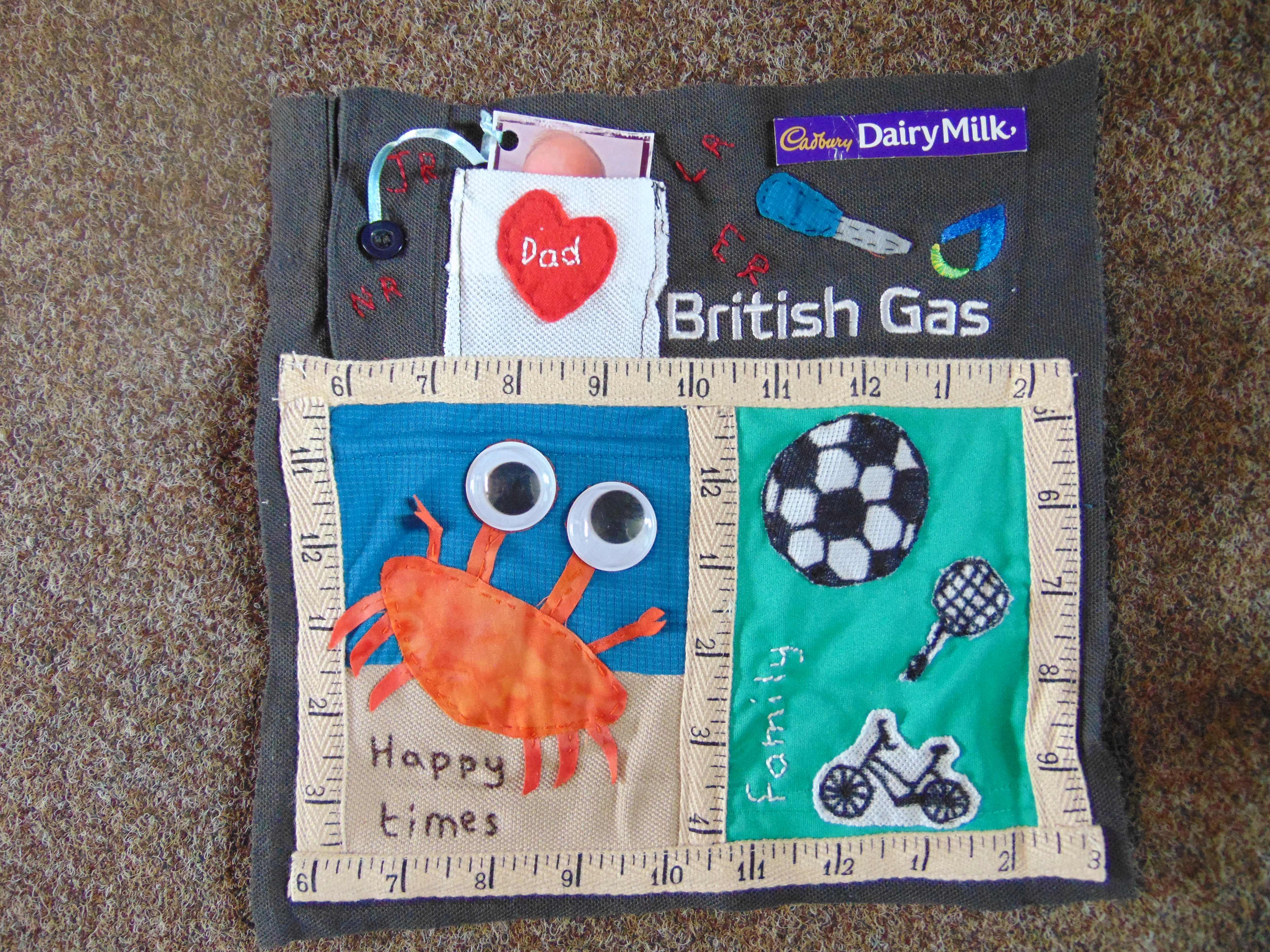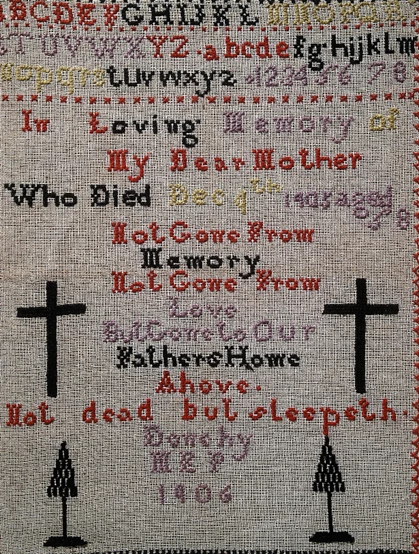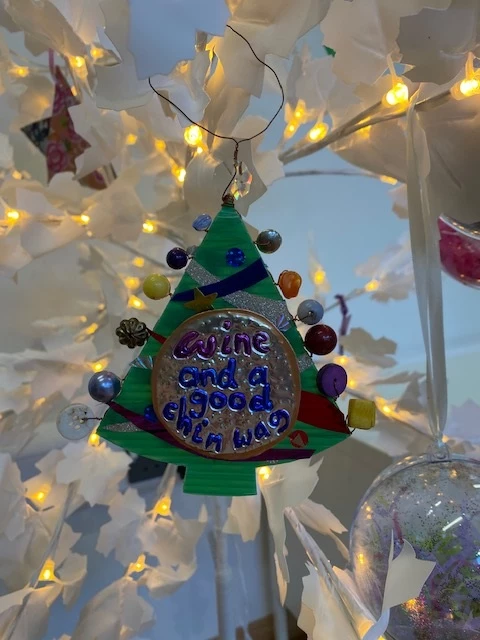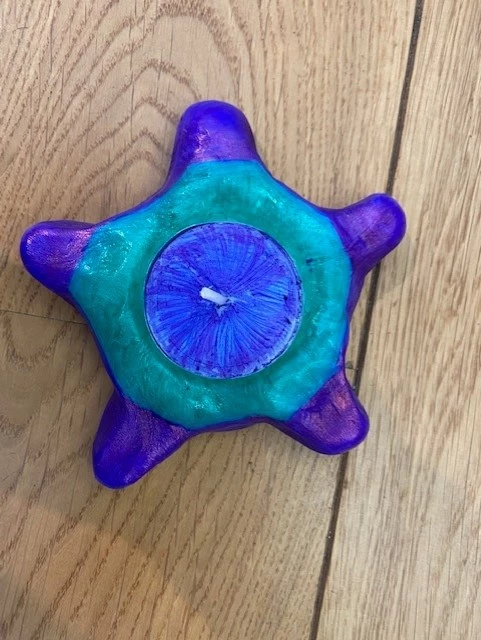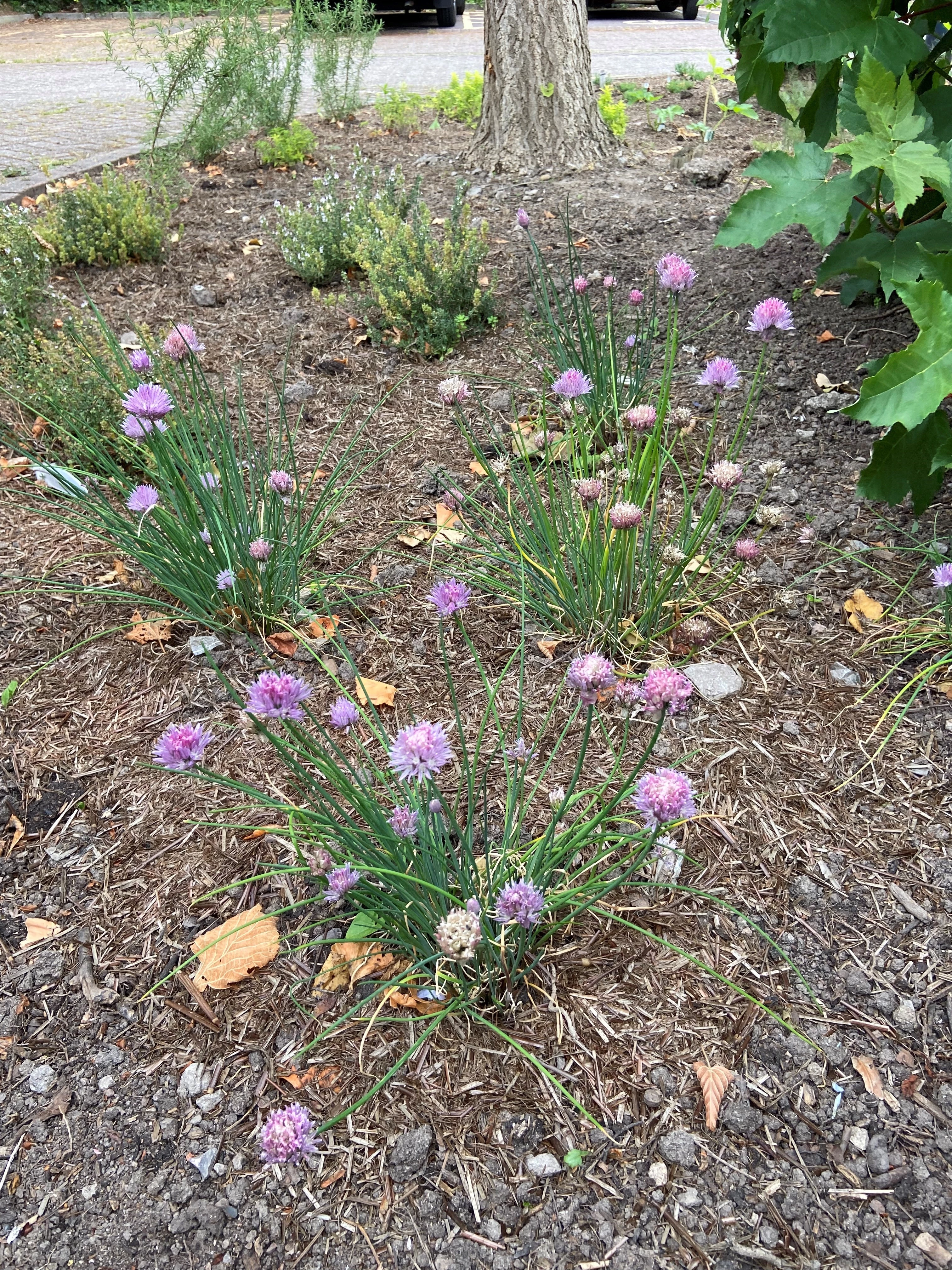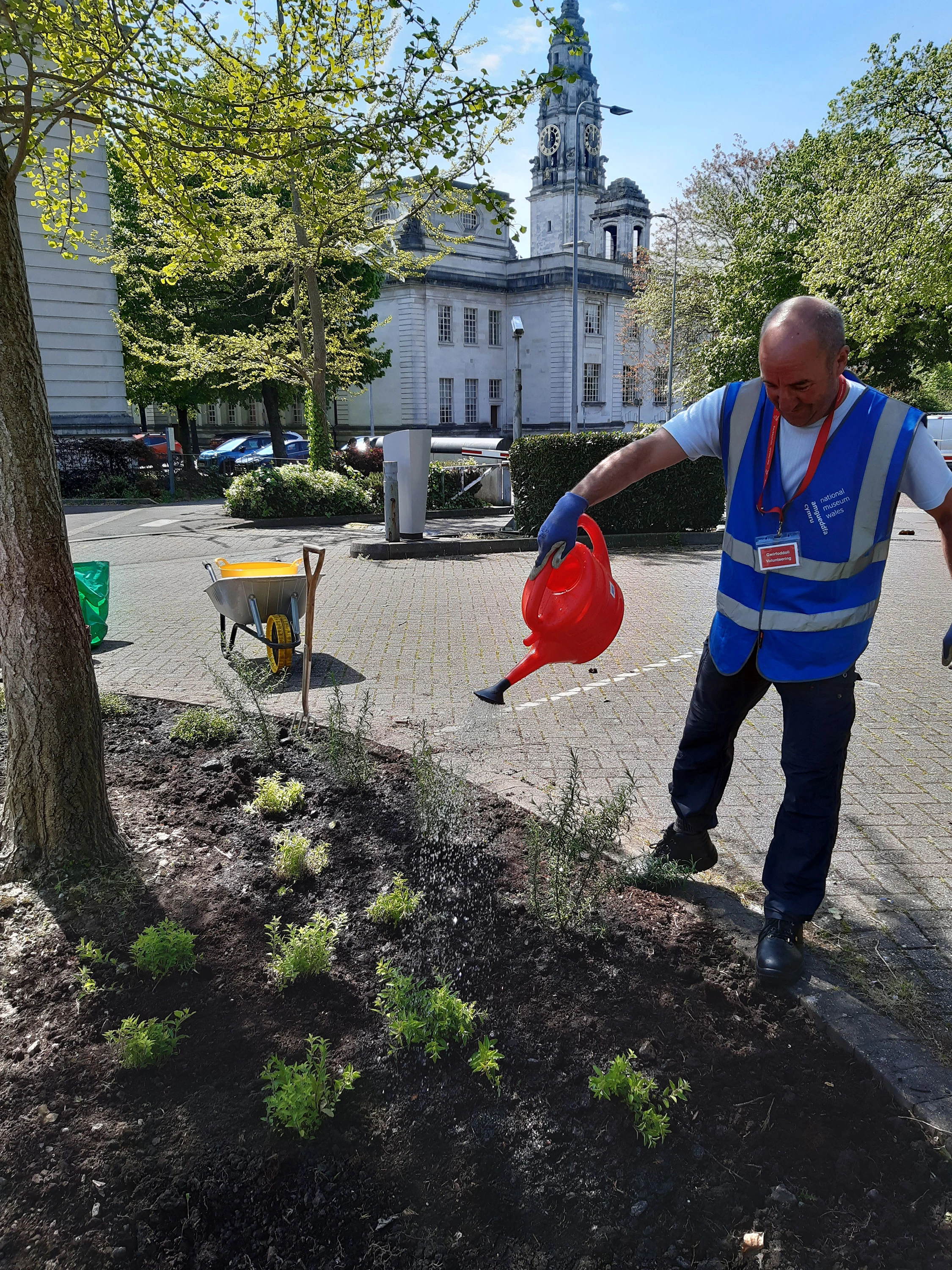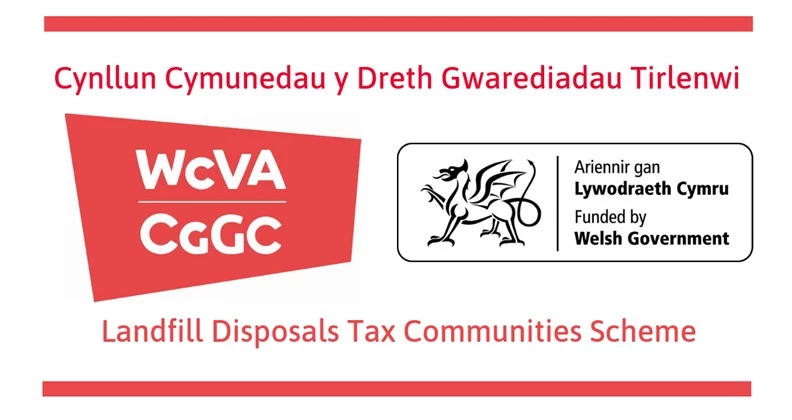Spirited is an immersive installation in honour of fractured African traditions that feed and underpin our island culture in Trinidad and Tobago.
The Vision
In dreaming this work we thought about women. We knew about Luisa Calderón whose torture became well known during the infamous 1806 trial of Picton. We found reference to Present (a young enslaved woman executed by Picton for attempting to run away), in a Bridget Brereton history book. V.S. Naipaul’s Loss of El Dorado informed us of Thisbe, who was accused of sorcery and condemned to death - hanged, decapitated and burnt at the stake - her head placed on a pole. These women are essentially our ancestors. We considered questions such as: what would they say if they were able to speak through us? How can we honour them and transform their suffering - scream into song, torture into dance?
On seeing the drawings of Luisa’s torture we imagined her suspended figure as an elegant dancer. Captivated by the beauty of the human form, that motif would become a feature throughout the final piece.
Mary-Anne has a beautiful phrase: “6 aunties and a grandma” - embodying in many ways the kitchen space as a creative yard, a place for wisdom, disagreement, challenge, questioning and throwing lots of ideas into a pot - The kitchen, that yard aesthetic, was how we dreamed together.
In dreaming, we imagined that anything was possible. We wanted to play with traditional and contemporary digital media and create an immersive journey, a dance.
The Work
While the kitchen yard aesthetic informed our dreaming, it was the Carnival yard aesthetic that informed how we made the work. At the heart of this was an invitation to be involved.
Having worked in community arts, the intuition here was that, in order for people (such as museum staff) to have ownership over the work, they must feel part of it, so that they can deliver the message and share with others.
The making involved:
Collecting, Twisting, Weaving - “A tapestry of memory and understanding” The woven newspaper was the most communal aspect of our work - chosen as a way of utilising a handmade, something-from-nothing Carnival making aesthetic.
Metal work - Led by Cindy, we worked with Cardiff Engineering Company on the large centrepiece gallows structure. The intricate music box with a chocolate-covered wire Luisa, is a micro reflection of the macro centre installation.
Video & Photography - We produced 3 videos, each speaking to a different aspect of the journey we were symbolising through the 3 women. The photographs aimed to re-imagine a childhood for Present, our women and all whom they represent.
Soundscape - We approached the audio as a continuation of the weaving. We invited and commissioned 4 musicians and composers to contribute pieces based on their interpretation of the environment we wanted to invoke. Interwoven are the spoken words of Luisa from a translation of Governor Picton’s trial.
Everyday hurricane Passing - This acapella by Mary-Anne is an invocation for Grandmothers we never knew and Nennen, women who cared for us in their absence, to dance.
‘Everyday Hurricane Passing’ but despite destruction, invasion, derision, separation, obstruction, bombardment, intrusion and denial, ever resourceful, we dream, we create riches, we dance and fight, we raise.
Painting - In this we wanted to engage an idea of transformation, with a particular focus on Thisbe representing warrior and healer. The limited and bright colour palette is in deliberate high contrast to Picton’s portrait.
The women - The presence, the actions and the duties of women are all pervading in the Caribbean. Our men were not allowed to be there to protect us. Through the narratives we know and the narratives we imagine, we centre these women within our paintings, wire work, photographs, videos and chocolate. We dance with beauty and the macabre - we tell a story of the named and step into the unnamed collective - the procession of those killed, tortured, wounded and maimed.
Creating the environment - The spiral is an echo of the centrepiece moving outward and inward - symbolising the processional. The colours on the wall represent the vibration and intensity of Caribbean colour and flavour.
The Resonance
This work is a celebration - we are still here.
See Spirited for yourself as part of the Reframing Picton exhbition at National Museum Cardiff until 3 September 2023.

